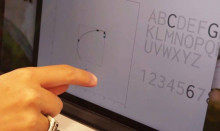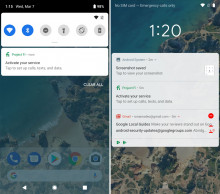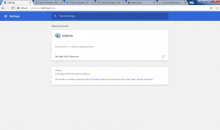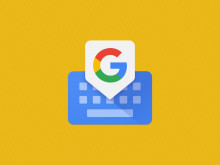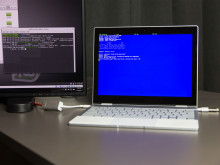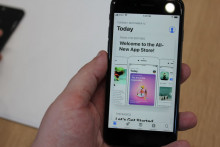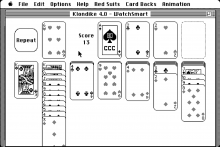Developers create a touchscreen MacBook for just $1
There’s good news for everyone who wants a MacBook with a touchscreen. A group of developers came up with a way that cost them just $1 in hardware.
The process involves the laptop’s webcam, a mirror, and some programming. It’s just a proof of concept, but it shows potential.
Amish Athatye, one of the developers, explained the basic principle: “Surfaces viewed from an angle tend to look shiny, and you can tell if a finger is touching the surface by checking if it’s touching its own reflection.”














































